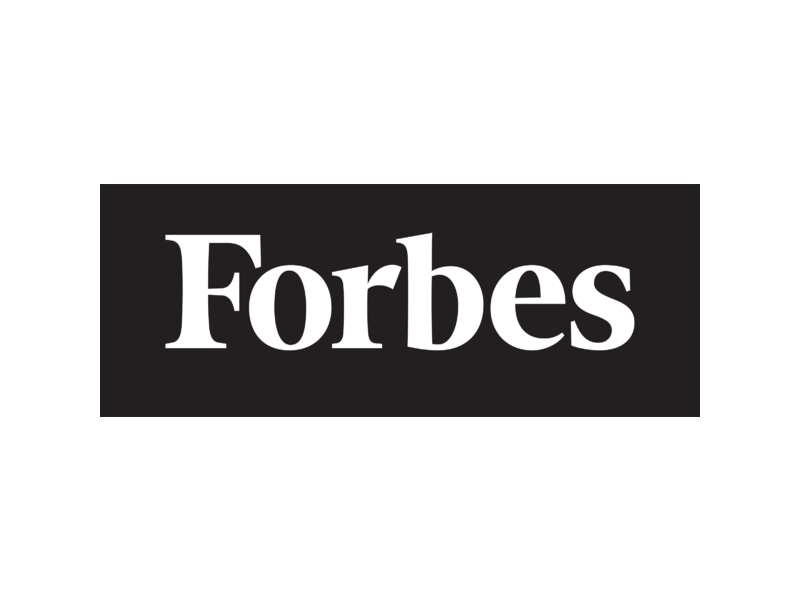Forbes | Five Future Workplace Predictions That Are Hopefully More Accurate Than Steve Ballmer’s

Originally appeared in the article, “Five Future Workplace Predictions That Are Hopefully More Accurate Than Steve Ballmer’s” by Nigel Davies in Forbes.
In 2007, Steve Ballmer, then Microsoft CEO, famously declared: “There’s no chance that the iPhone is going to get any significant market share. No chance.” Three years before, the technologist Jerry Kaplan said: “I wouldn’t be buying Google stock, and I don’t know anyone who would.”
Predictions can be a tricky business. But many more have been on the money. In 1909, engineer, inventor and futurist Nikola Tesla said: “It will soon be possible to transmit wireless messages all over the world so simply that any individual can own and operate his own apparatus.”
Being a “futurist” is a critical entrepreneurial skill. Analyzing trends, futureproofing and reactively adapting to change are fundamental to business success.
Whether your predictions make you the next Nostradamus or not isn’t the question. The question is, are you dangerously resting on your laurels? Here are five business predictions from future-gazers:
Co-workers will become neighbors
Companies are already encouraging car-sharing, creating community gardens and offering mandatory yoga and meditation classes. Nick Galov from software review site Techjury.net thinks the future workplace will be a more flexible, sustainable, healthy and family-oriented environment where the lines between home and work become even more blurred.
He says: “Sustainability and eco-friendliness will be the norm, with companies offering community plots and recycling programs. This will allow employees to work together towards common goals that are not work-related, to improve team building and social bonds. The future workspace will feel more like an extension of the home as opposed to a place where you count the seconds left before walking out the door.
“Some workspaces may even offer accommodation in-house, turning the future office into a more efficient workspace. This will be due to the millennial economy that favors location-independence over mortgages and traditional investments.”
The gig economy will get giggier
Vaclav Vincalek, CEO of PCIS, which helps enterprise businesses to innovate, predicts that automation will see businesses swallow up more and more jobs while remaining profitable. But Vincalek doesn’t think this will result in mass unemployment.
He says: “We’re probably going to see more entrepreneurs than we’ve ever seen, running small businesses for niche specialties. Humans are amazing at creating entirely new sectors. We create needs and wants that we didn’t even know we had, if only to keep ourselves entertained and well-fed. Without giant companies to employ them, people will find new ways to find meaning and money in their own lives.”
The office will be in permanent flux
Diane Eschenbach, author of How to Quickly Start a Business Online, predicts the demise of the office, and believes more business will be done virtually.
Eschenbach says: “If employees need an actual desk, co-working spaces like WeWork or driverless cars with office cubicles will fill in that slot and change office real estate as we know it. It will be a different office every day depending on what the company’s needs are, since the nuts and bolts of company infrastructures will be operating by AI in the cloud.”
Digital nomads will be better supported
Digital workplaces supporting flexible working are the new normal. But Sahara Rose De Vore, founder of the Travel Coach Network, thinks the trend for combining work and travel will go deeper, with businesses hiring coaches and offering guidance to help employees reap the benefits of travel.
De Vore warns that giving more paid vacation days, sending people on business trips, and simply allowing employees to work remotely doesn’t make people magically happier.
She explains: “Studies prove the health and wellness benefits that travel has on the mind, body, and the workplace by potentially reducing burnout, decreasing staff turnover, boosting happiness and mood, promoting a healthier company culture, and sparking creativity and productivity. But employees need help with planning and balancing their workload and with tapping into the deeper reasons for wanting to travel so they know how to travel better and more effectively.”
Machines & humans in perfect harmony
A workforce where machines perform mundane tasks is no longer a vision of the future, it’s happening now, but Mimi Brooks, CEO of digital strategy consultancy Logical Design Solutions, believes people and not technology will be the ultimate determiner of business success once all human work is machine-enabled and augmented.
Brooks says: “Success depends on people on the front line who can iterate and improve on their new professions; people who sustain customer relationships through the coming upheaval; people who bring their deep institutional knowledge and know-how to bear on the daunting task of reimagining a business from long-held practices to a brave new world order.”
She adds that automation will have a significant social and ethical impact and, as workplaces become smarter and more flexible, and people envision viable roles for themselves, technology will help prepare them for the transition, letting workers rehearse in their new environment and build confidence.